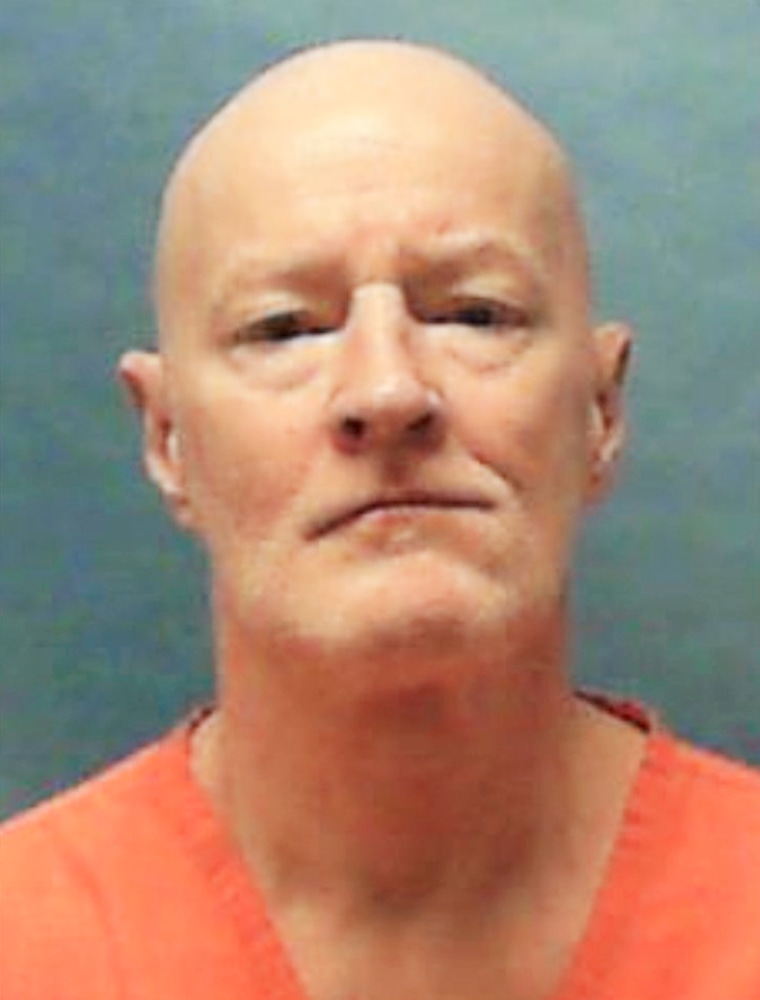TALLAHASSEE, Fla. — Attorneys for the state of Florida say the execution of a man with Parkinson’s symptoms should not be delayed, despite his appeal to the U.S. Supreme Court challenging the state’s lethal injection procedures.
Florida Attorney General Ashley Moody argued that Loran Cole waited too long to raise his claims that the drug cocktail will “very likely cause him needless pain and suffering” due to symptoms caused by his Parkinson’s disease.

“Cole knew for at least seven years that he was suffering symptoms of Parkinson’s disease but delayed bringing any claim challenging lethal injection as applied to him until his death warrant was signed. Nothing prevented him from doing so,” Moody’s office said in a court filing Tuesday.
Cole, 57, is scheduled to be executed at 6 p.m. Thursday at the Florida State Prison. Gov. Ron DeSantis signed his death warrant in July. Cole was convicted of kidnapping adult siblings camping in the Ocala National Forest in 1994, raping the sister and murdering the brother.
Cole has appealed to the U.S. Supreme Court to stay the execution, arguing that denying him a hearing violates his 14th Amendment rights to due process and equal protection.
“Cole’s Parkinson’s symptoms will make it impossible for Florida to safely and humanely carry out his execution because his involuntary body movements will affect the placement of the intravenous lines necessary to carry out an execution by lethal injection,” his attorneys argued in court filings.
Many of Florida’s death penalty procedures are exempt from public records. Botched executions in other states have brought increased scrutiny of the death penalty and the secrecy around it, and officials have struggled to secure the necessary drugs and staff to administer them.
On Aug. 23, the Florida Supreme Court denied an appeal from Cole, who has also argued his execution should be blocked because he suffered abuse at a state-run reform school where for decades boys were beaten, raped and killed.